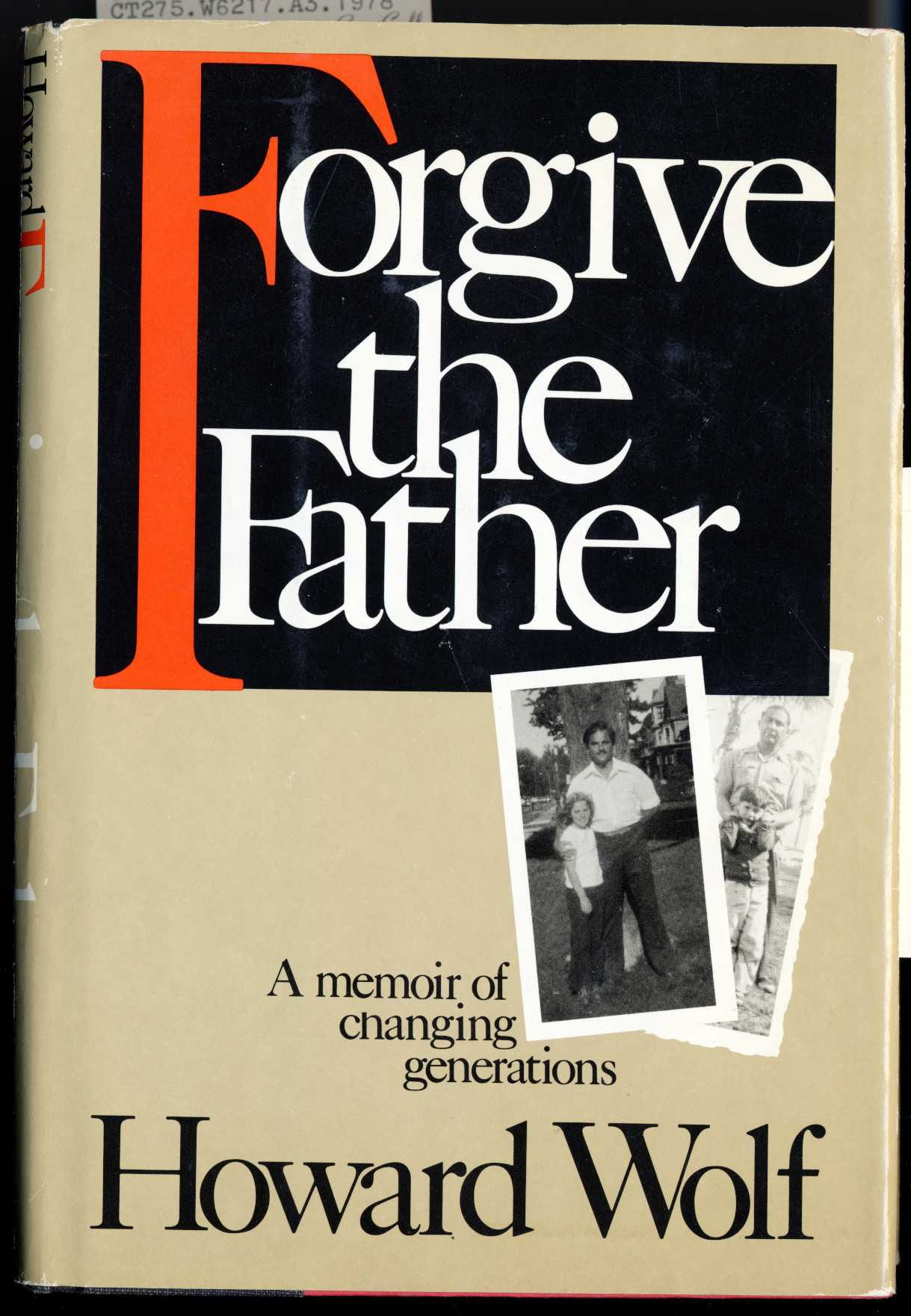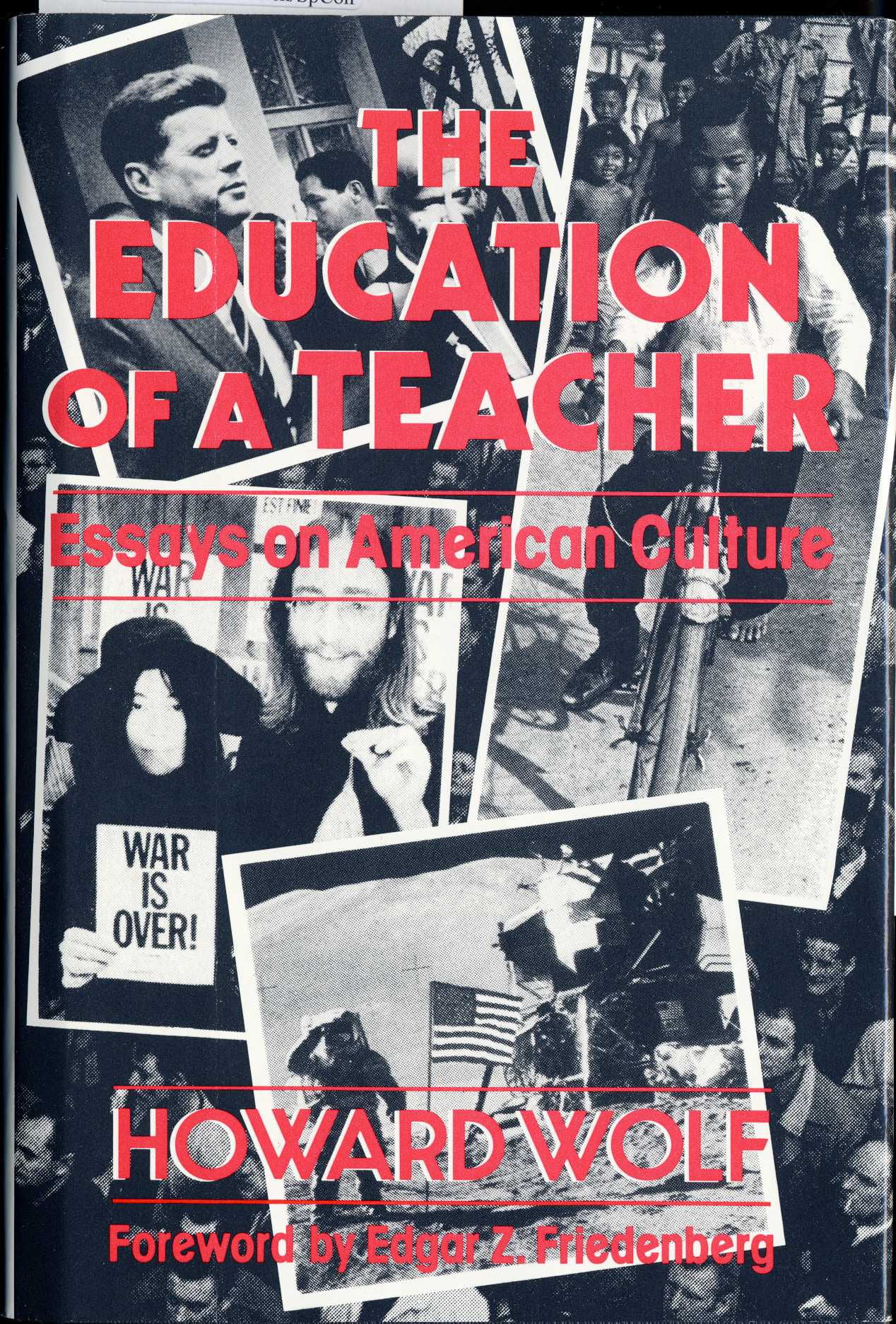[Please note: This year’s Amherst College Reunion program will include a session on the Howard Wolf Papers to which all are invited: “A Generational Collection: The Howard R. Wolf ’58 Papers,” Saturday, June 1, 10 a.m., Cole Assembly Room, Converse Hall.]
Sometimes a manuscript collection means more as an aggregate whole than as the sum of its constituent items. To be sure, a single letter, poem or photograph, a single typescript of a scholarly paper, may have its fascinating aspects (the kind of thing we celebrate frequently in this very blog). It may provide informational value that leads to that “Aha!” moment of discovery or confirmation. Naturally, these are experiences we savor as archivists, and enjoy seeing in our patrons. But I want to suggest another kind of value that is often at play in a personal archive. Consider, for example, the letters that Charles Woolsey Cole (AC 1927) faithfully wrote to his mother over a period of 32 years (1921-1953). These letters fill up 191 file folders in his papers. No single letter is individually all that significant. Why keep them? Because, taken as a whole, these letters present imposing evidence of something significant: the relationship of an American economist, educator and college president to his mother. Archives, whether they be administrative records or personal papers, provide us with evidential value as well as informational value; one can “read” an archive just as one can read a letter in that archive. That is, the archive itself can offer up a wealth of information about habits, customs and practices of the person or people who created it.
(In fact, it would be great fun to expand on the tremendous importance of context in archives: we appreciate a document more because of the other documents sitting in a folder with it; we appreciate that folder of documents all the more because of the series of folders it is a part of; we appreciate the significance of a collection of family papers at Amherst College more because of a related body of family papers at Mount Holyoke College… and so on. Subject for another blog post.)
This business of seeing the forest for the trees in manuscript collections is nowhere better illustrated than in the Howard R. Wolf (AC 1958) Papers. Howard has been depositing his papers with the Amherst College Archives and Special Collections since 1971, and adding to it steadily to the present day. This spring we pause to acknowledge this unusual archival enterprise as Howard celebrates his 55th college Reunion.

For over 40 years Howard Wolf has been a devoted teacher of English at the State University of New York at Buffalo. Above all, however, he is a writer, one who has devoted his life to literature of almost every imaginable genre — literary and cultural criticism, autobiography, short fiction, travel writing, novels, poetry, detective stories, and plays.
Howard’s undergraduate thesis, “The Conflict of Youth and Age” in medieval English literature, and his doctoral dissertation at the University of Michigan, “Forms of Abandonment in Henry James,” suggest the outlines of what was to become his enduring preoccupation with the theme of the self in its (often anguished) relations to preceding and succeeding generations. And indeed, his persistent forays into the writing of autobiography and “generational memoir” tackle issues of generational conflict, as in Forgive the Father: A Memoir of Changing Generations, 1978. Another major, and related, theme in his work is the problem of cultural displacement, as experienced in the American melting-pot as well as in the traveler’s struggles to understand foreign cultures (as in Far-Away Places: Lessons in Exile, 2007; and A Version of Home: Letters from the World: An Autobiographical Journey Through Singapore, Malaysia, India, Greece and Turkey, 1992). Even his slim book of verse, Upper Manhattan – A Family Album (1990) addresses the vulnerability of American family relationships which, to outsiders at least, appear to be in disarray. Shifting generational identities, a restless desire to come to terms with oneself, cultural displacement: the classic subject matter of American Jewish intellectuals.

From out of all this, it is certainly easier to understand Howard Wolf’s other great preoccupation, the careful development of his archive of personal papers at Amherst. It is an impulse he seems to have first felt from his earliest Amherst days, when, in great foreshadowing, an English 2 assignment in the spring of 1955 asked him to imagine this: “You are selecting documents about yourself and your society which you will put in a chest and keep safely for a historian to examine at some undefined time in the future.” As Howard recalled later, “I realized that, as a freshman, I had known I would take the assignment as part of my life’s work” (“Autobibliography, a Place in Time,” p. 214). When, in 1971, the Special Collections Librarian at Amherst invited him to begin depositing his manuscripts there alongside the papers of other alumni authors, he seized the opportunity. From that moment forward, he began to pay attention to the possible significance attached to the accumulated “stuff” of his writer’s life, and launched a steady stream of archival deposits — not just drafts of his writings in progress, as is common with a writer’s personal papers — no — but encompassing much else besides, such as personal and professional correspondence, writings by colleagues as well as students he was mentoring, and a large and varied assortment of what he calls “Cultural Miscellany”: all manner of printed material, such as concert programs, clippings, calendars, tourism brochures, blank postcards, artwork, and on and on. (One is reminded here of the once unknown, now famous “time capsule” boxes of the late Andy Warhol.) These deposits, which Howard has customarily mailed to Amherst in large envelopes or small packages (sometimes more than once a week, with gaps only if he is traveling), are always accompanied by detailed “description letters” to the Archives and Special Collections curators (my predecessor, John Lancaster, and later myself). These letters are anything but dry, pro forma cover letters. Here is an example from 2007:
 The description letters are Howard Wolf’s attempt to provide an index to the collection, pointing up various connections to other people already represented in previous deposits.
The description letters are Howard Wolf’s attempt to provide an index to the collection, pointing up various connections to other people already represented in previous deposits.
John Lancaster, my predecessor, acknowledged some years ago at the official “opening” of the Wolf Papers that this arrangement represents something of an archival experiment. Dealing this way with a constant stream of small accretions, mailed in with detailed cover letters that often include personal reflections, is not a practice to which a manuscript curator, frankly, is accustomed. More often we receive a writer’s papers after his death, or upon his retirement, or after the completion of a major project or career milestone. Nevertheless, this is the method of collection-building that Howard has chosen, and which we, as the keepers of the collection, have agreed to accommodate. The reason for this is that we believe that in the very method of Wolf’s collection-building lies a secondary set of meanings (or to use a fashionable phrase from a few decades ago, a “text”) that might help future historians or literary critics understand the situation of a working writer at this particular place and time.
Not surprisingly for someone so devoted to the work of autobiography and introspection, Howard himself has a keen awareness of this kind of secondary meaning inherent in his collection. He has even coined a term, “Autobibliography,” to describe it.
As biography in a traditional sense is a biography of the self; autobibliography is a history of the self as a collector and of a collection that includes one’s own written work. As one might imagine writing a biography of a writer through his unpublished material and publications, so one might imagine writing mine as a collector of literary materials other than my own as well as my own.
Autobibliography is “writing” about the self in the act of documenting the experience of oneself and that of others too. This concept challenges traditional archival notions of appraising value in archival material. Now that I have learned this concept and seen it applied in practice in the Wolf Papers, I’m interested in seeing how, or if, “autobibliography” can be seen taking place in other collections of personal papers.




Dear Peter,
As a fortunate frequent email correspondent with Howard Wolf, I can attest to the appeal of his missives. His observations and reflections range from the sublime to the raucous. His early bird emails will jump-start any day on which they arrive.
Through these e-mails, I am proud to be a small part of an archive whose value will only increase in time, a unique encapsulation of the world he describes so perceptively.
This “autobibliography”, as Howard has so aptly named it, is a credit to him, you, and Amherst College.
Sincerely,
Elaine S. Mendelow